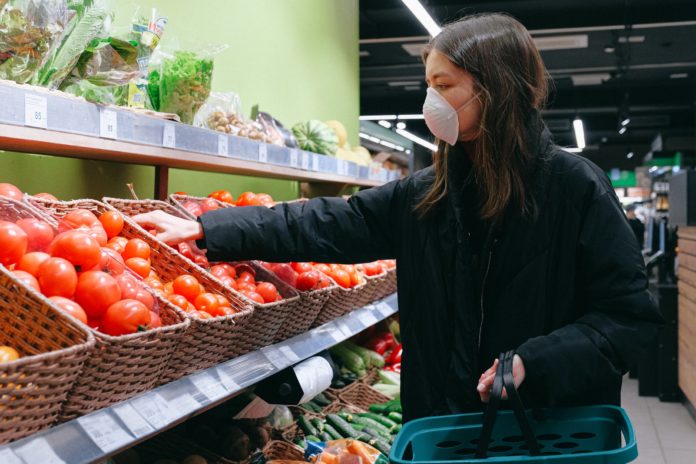The COVID-19 pandemic has left many people in the CRD out of work, as places of employment have been forced to close their doors.
Families and individuals have been struggling to make ends meet without their usual sources of income, as evidenced by the number of people accessing financial aid from federal and provincial governments.
Now more than ever, there is a greater demand for assistance to help those in need with accessing essential resources.
In response to the growing needs of the pandemic, The Food Share Network, a collaborative of over 70 organizations devoted to enhancing food security for residents in the Capital Regional District, has been working to fill the gap.
Many of the organizations within the network are working to supply their communities with food in safe ways, and are eager to let families, individuals and communities know about the resources available to them.
“We want to make sure that everyone is able to access healthy food, feed their families, and know how they can access food in the community,” said Food Share Network Coordinator, Sonja Yli-Kahlia, in a statement.
To make these resources readily accessible, a number of agencies are working together to create and distribute a Community Resource Guide containing information on how to access services related to food, shelter, health care and counselling.
Their list of Pandemic Community Resources can be accessed through this Google Doc file.
In addition, The Mustard Seed, Our Place Society, The Salvation Army and Rainbow Kitchen have all enhanced their cleaning practices in order to continue to supply food to the public, while maintaining health and safety protocols.
“We have a responsibility to serve those that are most vulnerable in our community. To do so, we depend on donations and could definitely use more assistance,” said Patricia Mamic, Public and Government Affairs Director at the Salvation Army.
“We were able to give fresh produce and dairy products to 307 families and served 4,786 meals in the past week alone. Along with regular clients, we are seeing a lot of new faces coming through our door who have never come before.”
A higher demand was also reported by Our Place Society.
“The demand for food has definitely increased, and we are currently serving an extra 300 meals per day. Due to the pandemic, all 1,400 meals are being served at the gates of 919 Pandora,” said Grant McKenzie, Director of Communications at Our Place.
To adhere to health and safety guidelines, The Salvation Army, Rainbow Kitchen, The Mustard Seed, Stan Hagen Centre, Living Edge and several other agencies have had to reduce their hours but continue to supply pre-packaged meals to those in need.
Due to the challenges of not being able to accept food donations and the increasing demand for food supply, many non-profit agencies are experiencing higher costs of operations.
As a result, the region as a whole is asked to come together and support food-serving agencies with financial donations.
If you have the means to contribute, there are several ways you can go about making a donation. The Rapid Relief Fund, set up by the Victoria Foundation, the Times Colonist, and the Jawl Foundation, provides funds to agencies working to support those struggling in our region.
Another option is to donate directly to individual agencies in your community such as Our Place Society, The Mustard Seed, Saint John the Divine, The Salvation Army or Victoria Cool Aid Society.
See all the latest updates about the global COVID-19 pandemic on Vancouver Island
The BCCDC has set up a 2019 novel coronavirus telephone information line at 1-833-784-4397 for those who have further questions about this disease.
Anyone concerned that they may have been exposed to, or are experiencing symptoms of the novel coronavirus, should contact their primary care provider, local public health office, or call 8-1-1.
The Province has also created the 1-888-COVID-19 line to connect British Columbians needing non-medical information about the coronavirus pandemic.
As of the time of publication, the total number of COVID-19 patients worldwide has risen to 1,897,148.
Over 117,700 people have died from the illness and 438,205 have made a full recovery.


